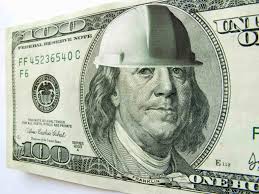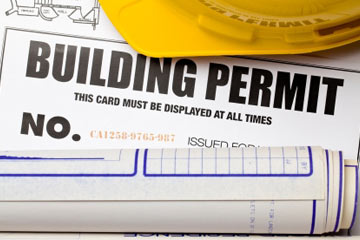Financial scams are life’s unfortunate reality, and hard money scams are no exception. As the hard money industry matures, the number of entities that engage in questionable ways of doing business goes up. Unscrupulous practices might range from false advertising and interest-rate bait-n-switch to collecting substantial upfront fees and then refusing to fund a loan.
Hard Money Blog: Invest, Revitalize, Create, Prosper
Of No-Money-Down Hard Money Loans and Upfront Fees

Four Signs You Might Not Be Ready for Real Estate Investing

Should I Pay Cash for an Investment Property?

Recently I spoke to a brand-new investor who asked us to look at a loan scenario for him. A deal he wanted to discuss was not particularly strong. In fact, my numbers showed him making just over $6,000 in profit. After we talked more, he confessed he was thinking about purchasing the property all-cash, to “test the waters” and “eliminate additional expenses.” Were he to bypass a lender and pay his way with his own cash, his profits would increase substantially.
Is a Hard Money Loan Considered Cash?

I understand the source of confusion. Cash implies a certain amount of money that you already have in your possession. In contrast, a loan means that you’re using borrowed funds because you either don’t have cash or choose not to use it. Hard money loan is not cash, but there are instances when it’s considered its equivalent. One of those instances is making an offer on a distressed property.
How to Manage Renovations That Require Permits

 New Funding Resources
New Funding Resources 





